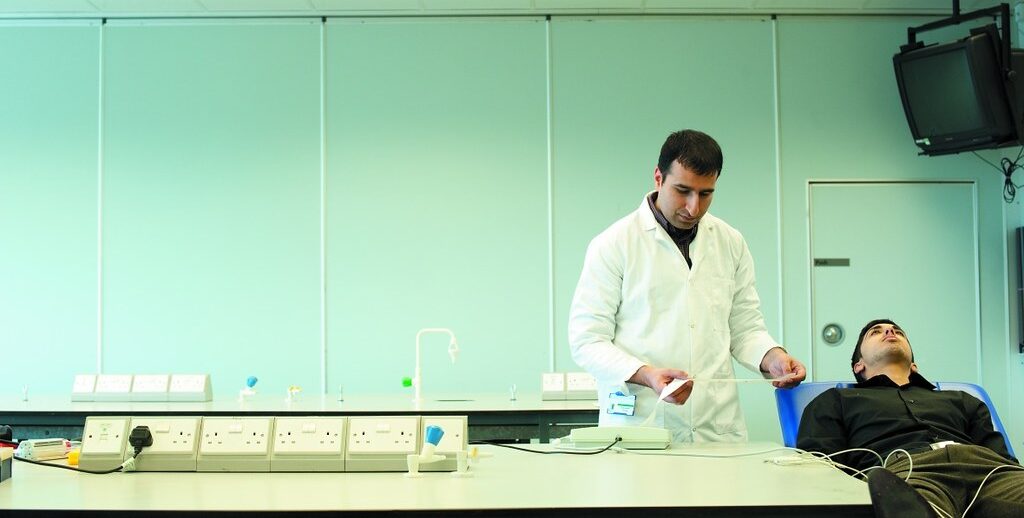Embarking on the journey to becoming a doctor is no small feat. It is a path paved with hard work, dedication, and, for many, a series of rejections before finally reaching the coveted acceptance letter. If you’ve found yourself facing another rejection from medical school, you’re not alone. The road to medical school is notoriously competitive, with more than half of applicants facing rejection each year. But don’t lose heart; every setback is a setup for a comeback. Let’s explore how you can turn your medical school rejections into the foundation for your future success.

Feeling dejected after facing rejection is natural, especially when you’ve dedicated so much of yourself to this dream. One individual’s story resonates with many; after applying to medical school for the third time and facing rejection yet again, many applicants shared their experience of feeling embarrassed and worried about falling behind in life. However, it’s pivotal to remember that your current situation is not your final destination. Your passion for medicine and your unique journey can still lead you to your dream career.
The first step in moving forward is understanding why medical school applications might be rejected. Common reasons include low GPA and MCAT scores, lack of commitment to medicine, and rushing the application process. Tackling these areas with a strategic approach can greatly improve your chances in the next application cycle. Remember, where there’s an unsuccessful application, there’s usually a logical explanation and a way to improve.
Improving your GPA and MCAT scores is crucial. Consider enrolling in a postbaccalaureate or special master’s program to bolster your academic record. An upward trend in your grades will demonstrate your commitment and capability to handle medical school coursework. For the MCAT, revisiting your preparation strategy can help address any weaknesses. Remember, many successful medical school applicants didn’t ace the MCAT on their first try.
Another critical aspect is ensuring your application reflects a genuine commitment to medicine. Gaining more clinical experience, beyond roles like medical scribing, can enrich your understanding of the medical field and demonstrate your dedication. Consider volunteering in varied settings, such as hospice care or emergency rooms, to showcase a broad perspective on healthcare. Additionally, articulating why you want to pursue medicine in your personal statement and interviews is essential. Highlight your passion for patient care and how your unique experiences have prepared you for this career.
Timing your application correctly is also important. Don’t rush into reapplying without first addressing the weaknesses in your previous applications. Take the time to gather more experiences, improve your scores, and refine your application materials. Seeking feedback from schools where you’ve previously applied can offer valuable insights into areas for improvement.
Beyond addressing these common pitfalls, pay attention to the presentation of your application. Ensure it’s free from errors and accurately reflects your achievements and ambitions. A well-constructed application can make a significant difference in how admissions committees view your candidacy.
Remember to reach out to your support network during this time. The journey to medical school can feel isolating, but you don’t have to navigate it alone. Seek advice, gather feedback, and allow others to help you strengthen your application. Recounting an individual’s experience, they shared how valuable feedback from the community and from professionals already in the field was instrumental in refining their application for the better.
Facing rejection can be disheartening, but it’s not the end of the road. It’s an opportunity to reassess, regroup, and come back stronger. Your dream of becoming a doctor is still within reach, with persistence, strategic planning, and a willingness to learn from past mistakes. The path might be longer than expected, but it’s the challenges we overcome that make the journey worthwhile. Remember, every physician’s journey is unique, and yours is no exception. Embrace your path with resilience, and let your setbacks be the stepping stones to your success in medicine.
Related posts:
Most Common Reasons Medical School Applicants Get Rejected
3rd time reapplicant help please 🙂
The Dreaded Med School Rejection: What Now?





